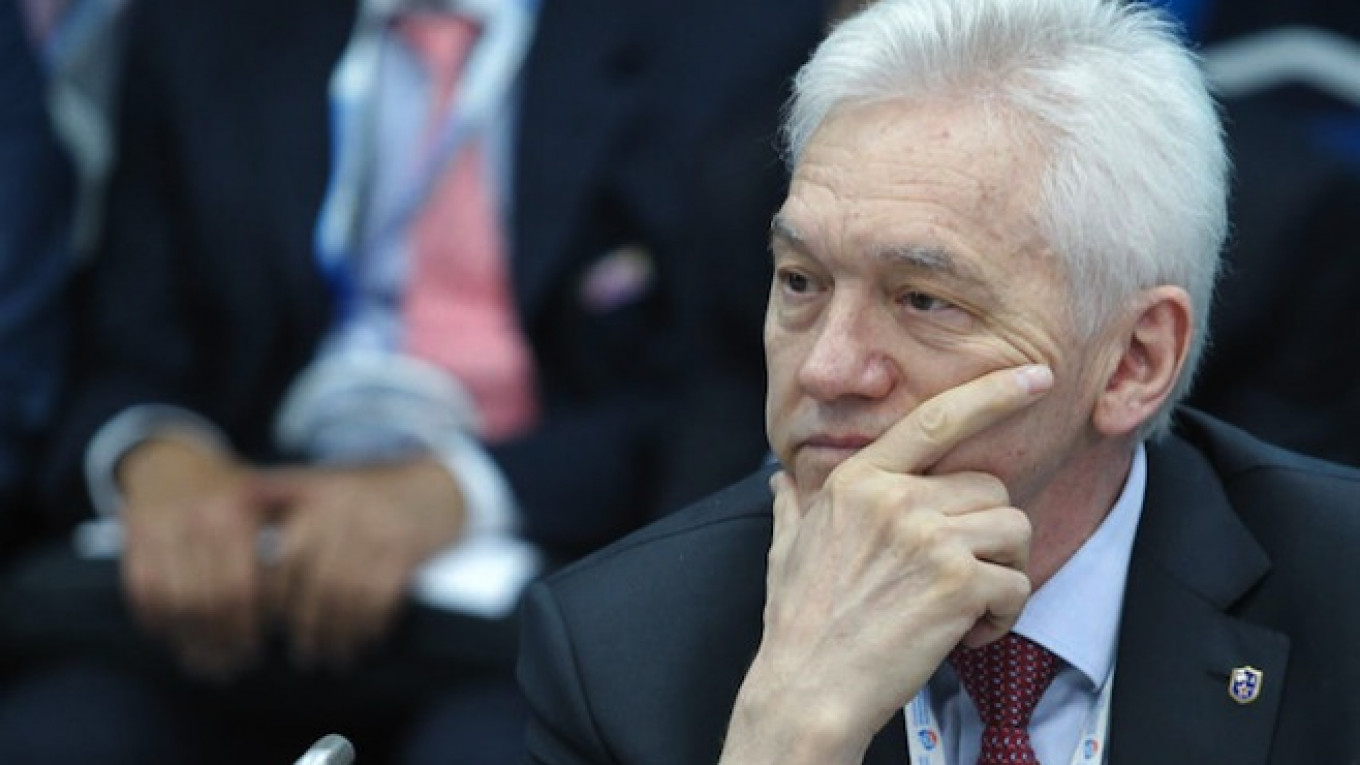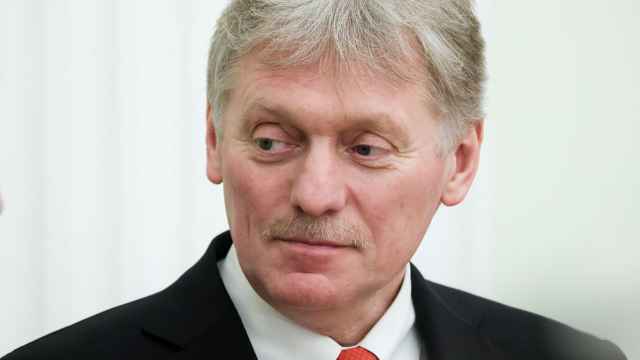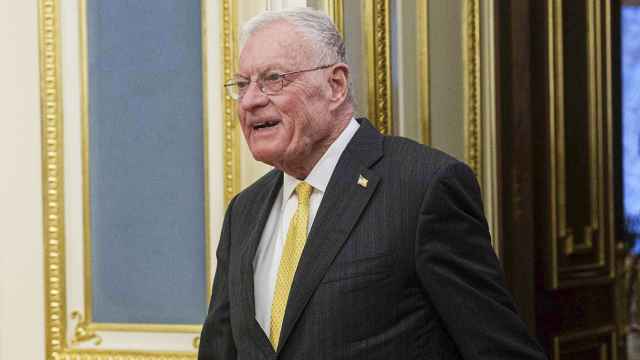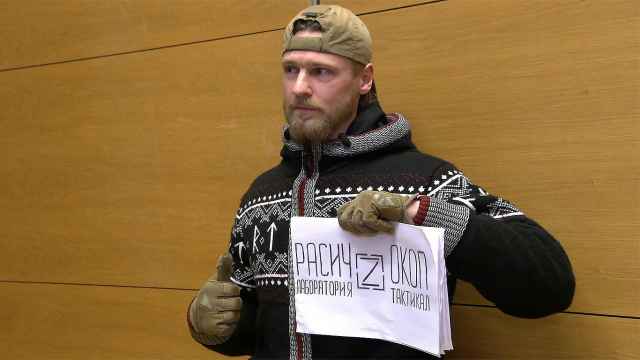LAUSANNE, Switzerland — A respite in the rise of tension between Russia and the West has been enough for international traders to talk up prospects of cooperation with the world's largest natural resource producer.
Trading house Gunvor said many companies were only waiting for a signal to work more with Moscow and its rival Trafigura confirmed it was trading much more Russian oil.
"Writing off Russia would be a huge mistake," said Claude Ehlinger, deputy chief executive of grains giant Louis Dreyfus.
"Dreyfus has been investing there for a long time. The secret is to make sure you don't have all your eggs in one basket," he told his peers at an industry conference.
Sanctions imposed on Russia for its actions in Ukraine have drastically reduced the ability of Russian companies to raise debt and buy Western technology to develop new energy resources.
Even though selling and buying Russian oil has never been sanctioned, traders felt hampered as they could not raise long-term financing to trade Russian oil.
Gunvor, one of the world's five largest trading houses, was hard hit after its co-founder, and a close ally of President Vladimir Putin, Gennady Timchenko, was sanctioned by the United States.
A day before sanctions were imposed, Timchenko sold his stake in Gunvor to co-founder and chief executive Torbjorn Tornqvist, who promised to reduce the firm's exposure to Russia where it has prized terminals on the Baltic and the Black Sea.
On Tuesday, Tornqvist said he still believed Russian potential was huge and many companies would want to return to there "when the dust settles."
"Russia is more predictable than it is perceived right now. … I'm sure loads of companies are waiting to get back," Tornqvist told the Financial Times Commodities Summit.
As Gunvor reduced its exposure to Russia, its rivals saw opportunities.
Trading sources said last month Trafigura had emerged as the leading trader of Russian oil, expanding its deal with Rosneft to export $500 million worth of crude in April.
Chief executive Jeremy Weir told delegates the trading house had increased its exposure to Russia but that new trading activities were fully in line with U.S. and EU sanctions.
"We have been in Russia historically," he said. "We have increased activity of late because, based on commercial business, we have seen a niche and obviously [operate] within the sanctions. We understand the sanctions and comply with them."
A Message from The Moscow Times:
Dear readers,
We are facing unprecedented challenges. Russia's Prosecutor General's Office has designated The Moscow Times as an "undesirable" organization, criminalizing our work and putting our staff at risk of prosecution. This follows our earlier unjust labeling as a "foreign agent."
These actions are direct attempts to silence independent journalism in Russia. The authorities claim our work "discredits the decisions of the Russian leadership." We see things differently: we strive to provide accurate, unbiased reporting on Russia.
We, the journalists of The Moscow Times, refuse to be silenced. But to continue our work, we need your help.
Your support, no matter how small, makes a world of difference. If you can, please support us monthly starting from just $2. It's quick to set up, and every contribution makes a significant impact.
By supporting The Moscow Times, you're defending open, independent journalism in the face of repression. Thank you for standing with us.
Remind me later.






